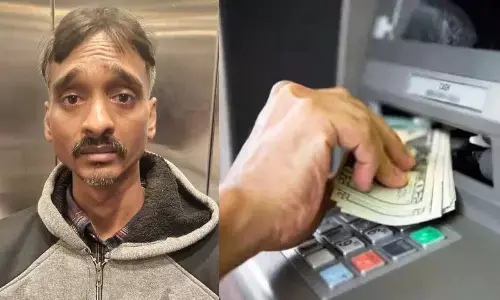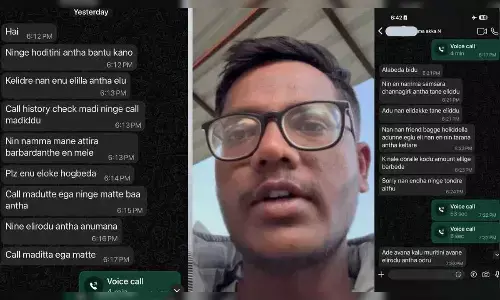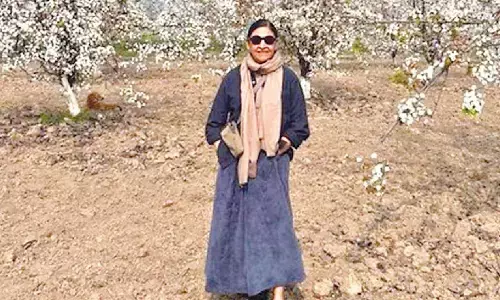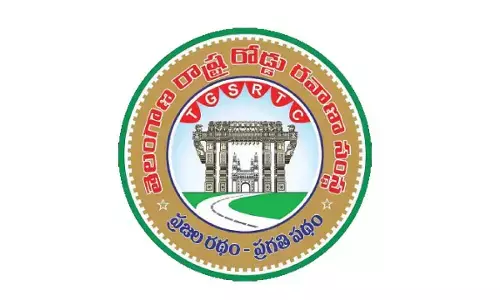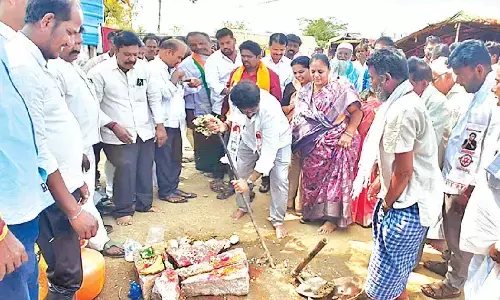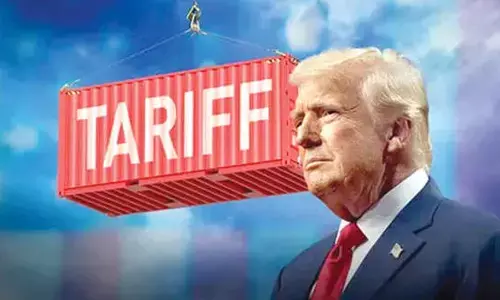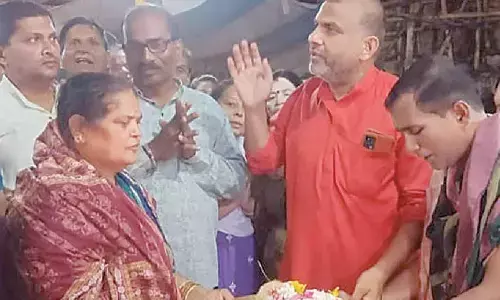Justice to tribals is still a far cry

Justice to tribals is still a far cry, Under these circumstances, the tribals have been fighting against the government measures tooth and nail to regain their rights in their areas.
The promises of governments to uplift tribal people have remained mere words. The two Acts – Expansion of Panchayat Raj (1996), Identity of Forest Rights (2006) – for strengthening of gram sabhas also failed to deliver. Even the regulations in the Constitution to protect the tribals are enervated. The government has indiscriminately given away forest resources and minerals to private companies, thus suppressing the rights of tribals.
Under these circumstances, the tribals have been fighting against the government measures tooth and nail to regain their rights in their areas. The promises of safeguarding minor forest products, rectifying injustice in respect of reservations and provision of minor irrigation facility in tribal areas are yet to be implemented. Especially in Andhra Pradesh, by granting permission for bauxite mining, the lives of tribals are put in danger. Former Union Tribal Welfare Minister has many a time urged the government to take proper measures, but in vain.
The advisory councils formed by the Tribal Minister and tribal MLAs in the state only exist in name sake. Without consulting the advisory council, the governments are according permissions to private companies to set up projects and undertake mining. Owing to pressure of leftists and social organisations in 2006, the Tribal Land Rights Act came into existence. By the end of 2013, the government received 32.37 lakh applications and distributed pattas to 12.79 lakh people all over India, as per the available statistics. However, by the end of November 2010, the process of receiving applications came to a close. The government then announced that 10.90 lakh pattas were distributed to applicants. It was mentioned that 15.12 lakh applications were rejected. That means the rejected applications outnumber the accepted applications. Primarily, most of the tribals depend on non-timber forest products such as bamboo, honey, tamarind, soap nut, soap pod, fruits, tubers, gums, resins, latex, oils, fibers, spices, medicines, animal products etc. Those in Gadchiroli in Maharashtra, a Maoist-dominated area, gained some livelihood by selling bamboo plants that they grew themselves extensively.
But injustice has been meted out to the tribal people by entrusting the authority over bamboo plantations to Vana Samrakshana Samithis (VSS). The central government informed the state governments about the invalidity of the rights of the tribal belatedly after seven years. This historical injustice is yet to be rectified.
In one way, the governments are encouraging looting of forest resources. Most of the tribal peoples have become homeless due to illegal mining and rampant deforestation. As a result, the tribal areas are experiencing unrest and violence in states like Odisha, Jharkhand, Chhattisgarh, Andhra Pradesh and Telangana. The Central government has promised to allot 26 per cent of income for their development and rehabilitation as a token of winning their hearts. But when the Bill concerned came up for adoption, the government changed the wording and limited their rights only to coal mines. Somehow, the wealth that is to be meant for innocent tribals has been forcefully vested in private companies. The previous UPA government did not pay any attention to their rights, rehabilitation and compensation. The promise to include the tribal villages in notified scheduled area was forsaken. In Andhra Pradesh alone, 800 tribal villages have been waiting for years to be included in the notified scheduled area. The UNO announced that the tribals who are living in 25 backward countries of Africa continent are leading better life than the tribals in India.
Even though the national advisory council has given directions to implement the resolutions of grama sabhas, yet there is no response. The political parties have yet to understand their problems. The non-tribals should be prevented from looting the forest resources. Above all, the governments and the political leaders should create a feeling among the tribals that they are genuinely interested in their all-round development. Until then, the tribals may not have any hope for betterment in their own areas and their very existence will become a question.



